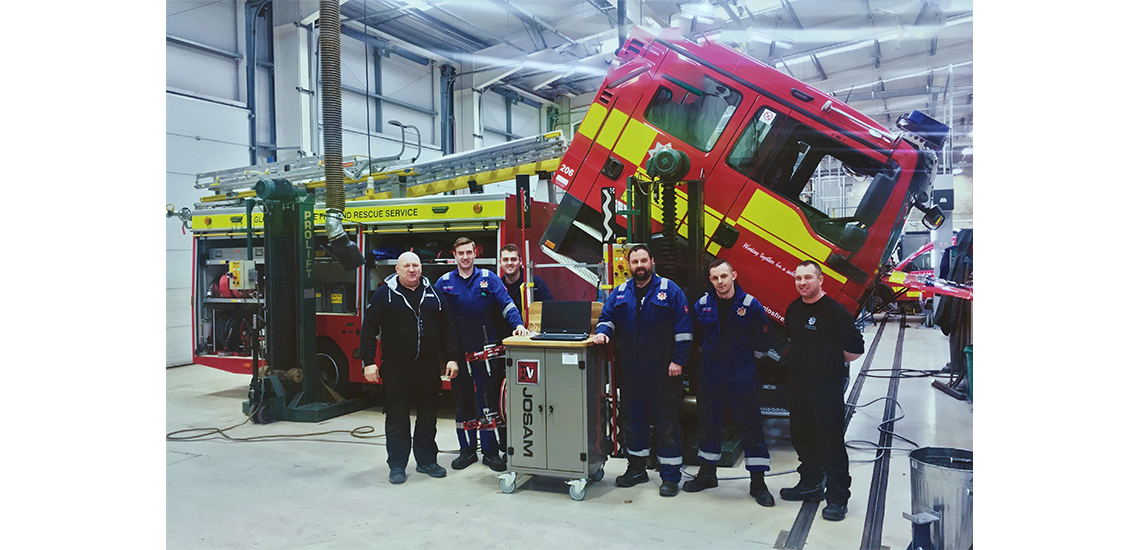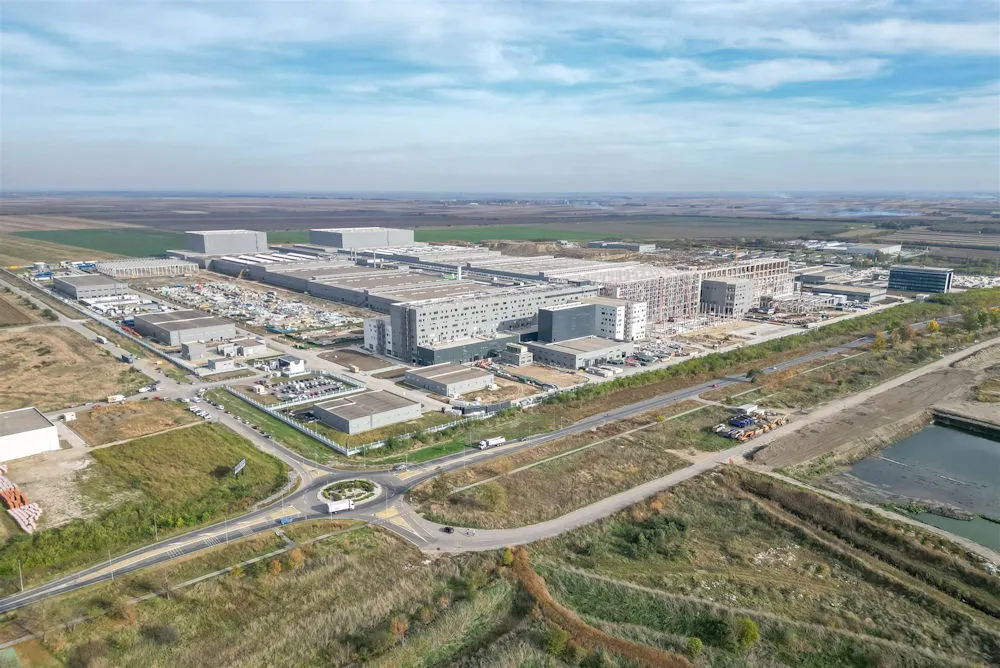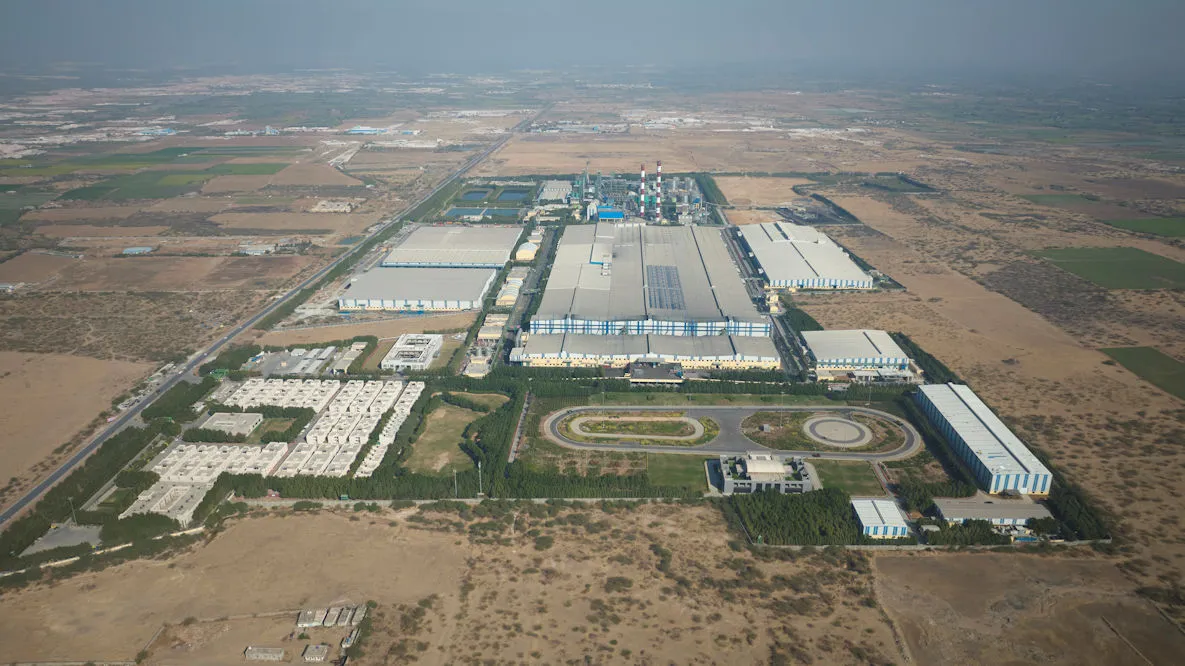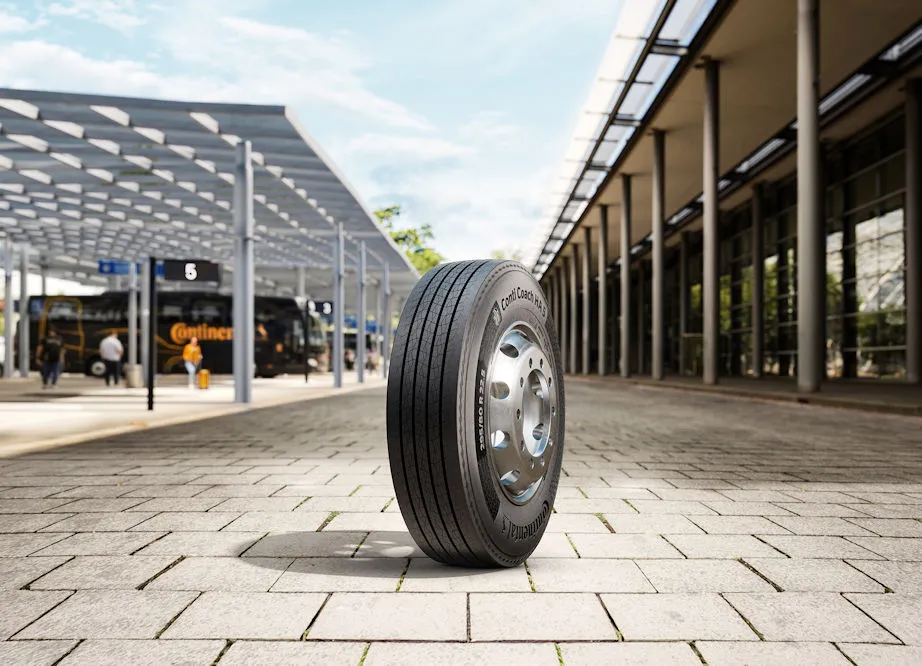Gloucestershire Fire and Rescue Service has announced major savings, improved vehicle handling and a significant reduction in carbon emissions since installing the latest Josam wheel-alignment equipment from UK distributor, Automotive Equipment Solutions (AES).
Gloucestershire Fire Service Benefitting from Josam Wheel-Alignment
Gloucestershire Fire and Rescue Service runs a mixed fleet of 33 front-line HGV appliances, 9 special appliances, including aerial platforms and 73 blue light non HGVS.
The fire service opted for the latest Josam Cam-Aligner so that the 120 vehicles in their service and rescue fleet could be regularly checked for correct wheel-alignment and steering geometry.
Fleet Manager, Nigel Leppard explains: “Our front-line firefighting appliances – all of which are heavy goods vehicles – and our blue light response light vehicles are often driven at high speeds when responding to a 999 emergency. As such, we must pay special attention to tyres, brakes and steering, and this is where the Josam equipment plays its part.”
The compact Cam-Aligner system enables the fire service to quickly and accurately check wheel angles such as toe, camber, steering box middle and axle offset, all of which is measured using Josam’s patented camera technology, using the chassis centre line as a point of reference.
Acting Workshop Manager, Adam Fowles explains further: “After AES took us through the basic on-site training, we found the Cam-Aligner quite simple to operate. It only takes about 20 minutes to carry out a routine inspection for each vehicle during its annual MOT, at which time any corrective adjustments can be made.”
“Plus” adds Adam, “If we need any ongoing advice the AES support team are immediately to hand, and most times will sort things remotely, which is reassuring given the permanent state of readiness which our vehicles must maintain.”
“Not only do we maintain a high level of safety and compliance,” adds Nigel Leppard, “but also in the first five years we expect to achieve vehicle and labour cost savings amounting to approximately 4.5 times our capital outlay – with an initial return on investment in just 15 months.”
Gloucestershire Fire and Rescue also forecasts significant fuel savings which, says the service, given that each litre of diesel consumed produces 2.68 kgs of CO2, equates to a reduction in carbon emissions of approximately 72 tons per year. This says Nigel, will go a long way to help Gloucestershire County Council in its commitment to reduce carbon emissions in the county.
“Carrying out this type of essential alignment work” concludes Nigel Leppard, “lessens the threat of going over budget by keeping down costs. Furthermore, it reduces the threat of emergency vehicles being out of service and ensures that we meet our legal obligation to VOSA by maintaining a legally compliant and safe fleet.”








